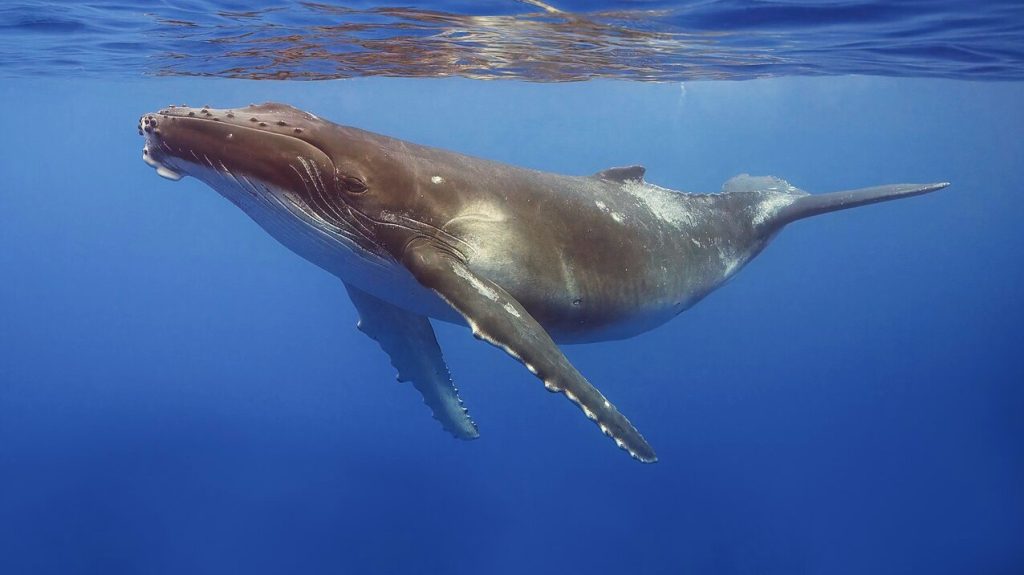Podcast: Play in new window | Download (Duration: 55:28 — 38.1MB) | Embed
After two decades of work, supporters of an international agreement are celebrating ratification of a tool aimed at reversing ongoing threats to oceans around the globe. Sixty nations have signed onto the High Seas Treaty. It’s a legally-binding document that maps a direction for marine biodiversity in international waters. It addresses threats such as pollution, overfishing, and damage caused by climate change. The goals align with those of many Indigenous populations, many of whom are bearing the brunt of diminished ocean diversity. At the same time, there are concerns about the ability to enforce the agreement against nations that choose to ignore it.
GUESTS
Steve MacLean (Iñupiaq), managing director of the World Wildlife Fund U.S. Arctic Program
Solomon Kahoʻohalahala (Native Hawaiian), chairperson of the Maui Nui Makai Network, a former Hawaii State Representative, and elder
Roberto Múkaro Borrero (Taino), Kasike of the Guainía Taíno Tribe, president of United Confederation of Taíno People, and UN Programmes Coordinator for the International Indian Treaty Council
Guillermo Ortuño Crespo, co-lead of the International Union for Conservation of Nature’s (IUCN) World Commission on Protected Areas (WCPA) High Seas Specialist Group
Break 1 Music: Ocean Prayer [Version A] (song) Pamyua (artist) Side A/Side B (album)
Break 2 Music: Seeing Two (song) Deerlady (band) Greatest Hits (album)
